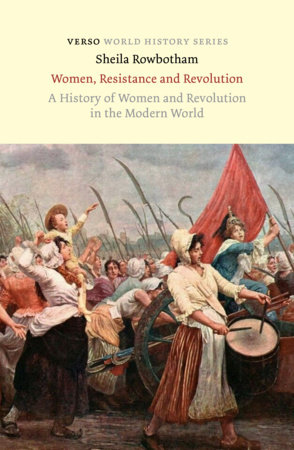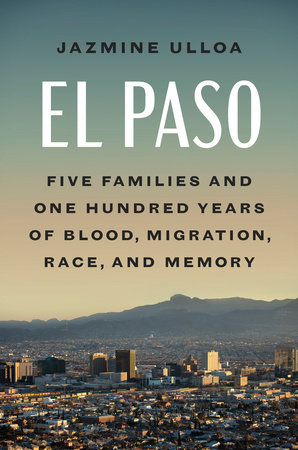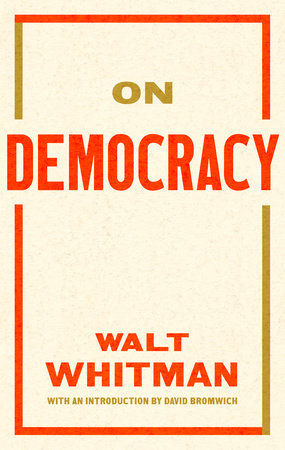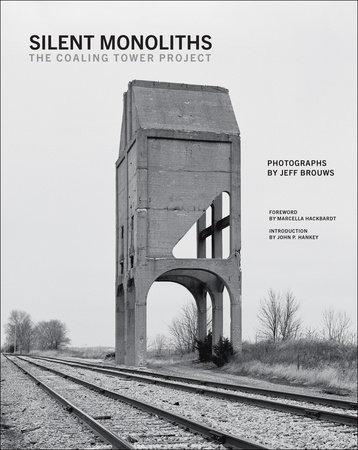“The recent arrival of thousands of Somalis in the improbable state of Maine has produced a fascinating, multi-layered story of intense cultural contrast and complex interaction. Somalis in Maine engages a great many of those layers, from multiple perspectives. It draws, in a time of significant anti-immigrant hysteria in America, a sympathetic portrait of the ‘very networking people’ who, having survived war and famine in Africa, somehow found their way to the land of L.L. Bean. The Somalis now living in Maine chose Maine—they were not resettled there by international agencies or the government—and their collective and individual reasoning, priorities, and lived experience are carefully documented in this engrossing book.”
—William Finnegan, author of A Complicated War: The Harrowing of Mozambique
“Somalis in Maine is an impressive interdisciplinary volume that breaks down the academic-activist boundaries by presenting a theoretically riveting analysis where the research participants also actively co-produce knowledge and shape the final story/history. Somalis emerge as dynamic actors shaping their own destinies while also struggling against complex borders, boundaries, bureaucracies, and biases. This is a welcome counter-narrative to recent portrayals and ‘othering’ of Muslims and a must read for all interested in the emerging African Muslim communities in America.”
—Cawo Abdi, assistant professor of sociology, University of Minnesota
“By simultaneously weaving the voices of actual Somali immigrants with those of social scientists, this anthology will significantly contribute to our understanding of the complexities of the global Somali diaspora—particularly at a moment when almost in every corner of the globe, from Johannesburg, South Africa to Lewiston, Maine, Somali immigrant communities are facing increased cultural and religious scrutiny.”
—Abdi Kusow, associate professor of sociology, Iowa State University
“This book on the Somali story in Lewiston, Maine, is a valuable resource for all who live in our increasingly diverse state and in other states experiencing immigration growth. We learn that Somalis are looking for the same things all Maine people seek: quality of life.”
—Larry Gilbert, mayor of Lewiston, Maine
“This book is a timely documentation of the journey of Somalis into Maine, capturing the voices of the people and their stories in the diaspora. This analytical narrative of Somali secondary immigration demonstrates the lives of immigrants as they settle in their new adopted homes. For generations to come, these stories will inform the teething nuances of moving to ‘new lands’ and will educate others who are yet to experience this life-changing moment.”
—Abdi Roble, founder and photographer of the Somali Documentary Project; visiting scholar at the Center for African Studies at Ohio State University
“In this eclectic, wide-ranging mix of academic essays, personal reflections, autobiographical narratives, and interview excerpts, the Somali Narrative Project has produced a wonderfully intimate portrait of Somalis’ lives in Lewiston, Maine. The collaborative work between young students, older scholars, and community members offers a compelling model of how to blend humanistic and empirical research on immigrant experiences.”
—Catherine Besteman, professor and chair of the Department of Anthropology, Colby College
“The Somali Narrative Project is a model of creative, active learning that engages students in the important roles of storyteller, historian, and emissary. The anthology that emerged from this faculty-student collaboration is a rare combination of young immigrant voices and accessible scholarly studies that creates a counter-narrative to the contemporary story of the Somali diaspora in Maine.”
—Daniel F. Detzner, professor of postsecondary teaching and learning, University of Minnesota; author of Elder Voices: Southeast Asian Families in the United States.
“The history of African immigration to the United States is vexed by the concurrent history of slavery. And yet, today more than ever, Africans seek refuge on American soil in some of the unlikeliest of places. Somalis in Maine weaves together this complicated history through the words of Somali immigrants themselves, as well as through scholars who want to understand why Maine, considered the ‘whitest state in America,’ has become home to this particular group of Africans in the diaspora. At once moving, compelling, and complex, Somalis in Maine represents a watershed moment in African diaspora studies.”
—E. Patrick Johnson, professor and department chair, Department of African American Studies, Northwestern University
“At the core, these narratives are a window into building an open dialogue rather than shutting people into neatly defined stereotypes. Somalis in Maine shows us a community in the midst of change. Like all oral narratives, these stories subvert the mainstream commonly held beliefs and sound bites that focus on conflict and misunderstanding, and show us a displaced community of Somalis in the process of building and rebuilding their lives.”
—Judith Sloan, radio producer, actress, and coauthor with Warren Lehrer of Crossing the BLVD: strangers, neighbors, aliens in a new America.
“This is a precious and beautiful book that honors the power of “small stories” in “small spaces” that traverse time and place to touch us all with the urgency of their importance, the soul of their humanity, and the grand eloquence of their meanings. The stories of Somali and the Somali Diaspora deserve our attention because, as this compelling book demonstrates, they contain and perform those universal, yet unique and poignant moments of culture, identity, and belonging in the making. This is a book of life and breath encounters—of the foreign, the familiar, and the in-between—told through the voices of Somalis and those who know how to listen with the heart and learn with purpose.”
—D. Soyini Madison, PhD, professor of performance studies and anthropology, Northwestern University
“Somalis in Maine: Crossing Cultural Currents is a fascinating book about the experiences of Somali refugees who ended up in Maine. It provides a wide range of perspectives and voices, ranging from young Somali Americans who talk about various aspects of their lives in past and present to academic scholars who describe and analyze their conversations with Somalis living in Maine. As such, it is a rich compilation that does full justice to the complexities of having to flee your own country, living as a refugee in the region, and ‘becoming’ a Somali American upon resettlement. The book offers a rare insight into people’s motivations, dreams, fears and the challenges they face in building life from scratch. As such, it is a highly recommendable read.”
—Cindy Horst, senior researcher, Peace Research Institute Oslo
“When a project draws different members of a diverse community into a broad but focused engagement, it can both reflect and shape that community. This book represents such a project. The Somali-American experience in Maine is here presented by youth and grown-ups, students and professors, and administrators and artists whose (his-)stories derive from both sides of the hyphen. They come together in this book to tell us about what they have learned from and about each other. Apart from delighting and informing a general readership, it will also serve as a great teaching text.”
—Lidwien Kapteijns, Kendall/Hodder Professor of History, Wellesley College
“Somalis in Maine: Crossing Cultural Currents enhances our understanding of recent immigration in the United States by exploring the experiences of East African Muslim refugees in Maine. Through a combination of scholarly essays and first-hand accounts by Somali community members, this work sheds light on pre-migration experiences in Somalia, regional migrations in Africa, migration to and re-migration in the United States, and settlement and community formation in Lewiston, Maine. Somalis in Maine illustrates well the challenges that Somali immigrants have faced in all of these aspects of the migration experience. This work also considers the tensions Somalis have faced within their own community as they have sought to adapt to life in U.S. society. Like the French-Canadian immigrants who preceded them to Lewiston, Somalis appear to be actively negotiating the terms of their entry into U.S. society, thus challenging contemporary notions of the process of assimilation.”
—Mark Paul Richard, State University of New York at Plattsburgh; author of Loyal but French: The Negotiation of Identity by French-Canadian Descendants in the United States
“This extremely well-written book makes a noteworthy contribution to the study of ethnic Americans. Significantly enhancing the authors’ thorough documentation of the complex dynamics of newcomer and community interaction is their extensive utilization of the rich tradition of Somali storytelling to elicit multiple voices and diverse perspectives. This collaborative involvement between trained objective observers and those caught between two worlds does more than deepen our understanding of this mostly unknown group. The authors’ research approach and the resulting recorded dialogues also should serve as a model for future ethnographers wanting to present an accurate, even-handed, and mutually beneficial study of a people.”
—Vincent N. Parrillo, professor and graduate director, William Patterson University; author of Strangers to these Shores
“Somalis in Maine covers an amazing array of subjects: leadership in the Somali community, gender issues, education, and barriers to employment, which, for Somali women, for example, include their need to wear specific items of clothing, like the hijab. The section about storytelling is especially fascinating. … The stories told here are stories of suffering and danger and finding a new home. They are new stories, not old ones. They are, however, without doubt, the most vital and poignant sections of this volume.”
—Down East Magazine
























